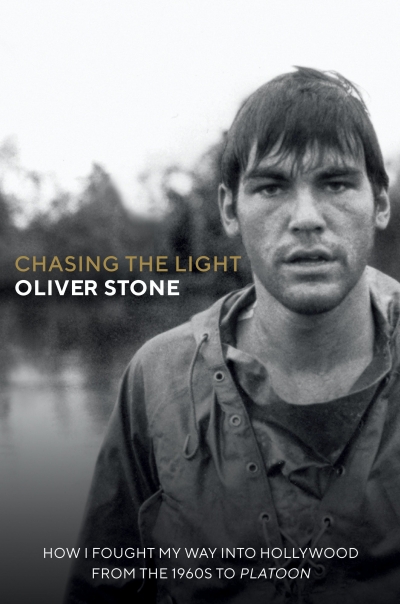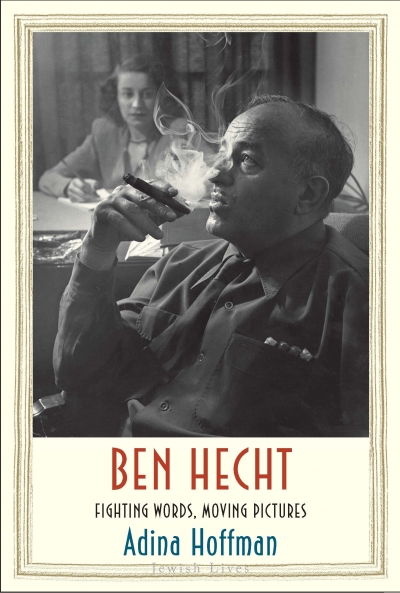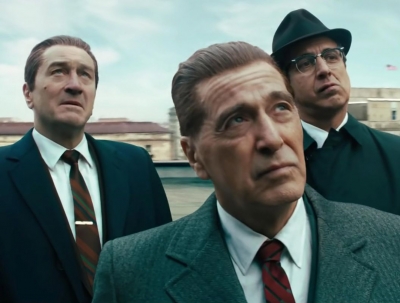Aaron Nyerges
Watch out. Depending on the tone and context in which they’re said, these words combine to various effects. In the presence of a definite danger – a frisbee flung carelessly or a vehicle careening off course – they ring with a flinching impact. Muttered indistinctly and without danger, ‘watch out’ becomes the threat itself, from word of caution to verbal omen. Watch this. With the alteration of a word, caution transforms into excitement. The demand to look twists into a signal of anticipation, uttered, perhaps, by a hopeful entertainer, preparing some spectacle or act of prestidigitation. Now, you’ve got to watch this. Less immediate, less anticipatory, here the pressure to look is pressed further, with renewed urgency, connecting it to social or even civic expectations.
... (read more)Chasing the Light: How I fought my way into Hollywood: From the 1960s to Platoon by Oliver Stone
Ben Hecht: Fighting words, moving pictures by Adina Hoffman
Martin Scorsese, as the world well knows, makes movies about Italian restaurants. Sure, he makes bloody crime films, too, but at some level he seems to be asking: what’s the difference? In Goodfellas (1990), a man crashes into a pizzeria, one hand shot to pieces, bleeding all over the place. He’s kicked out, and the film cuts to a platter of deli meats surfing through a crowded eatery. The gambling mastermind at the centre of Casino (1995) masquerades as a ‘Food and Beverage Manager’. Meanwhile, the film’s trigger-wild tough, played by Joe Pesci, opens up a classy night spot.
... (read more)The Dead Don’t Die is – in a manner of thinking – Jim Jarmusch’s second zombie film. Technically, Only Lovers Left Alive (2013) is a vampire film, but its central character, the depressively immortal Adam (Tom Hiddleston), lords it over ‘the zombies’, his term for the human population, whose ignorance he resents and whose degradation of Earth he fears ...
... (read more)




